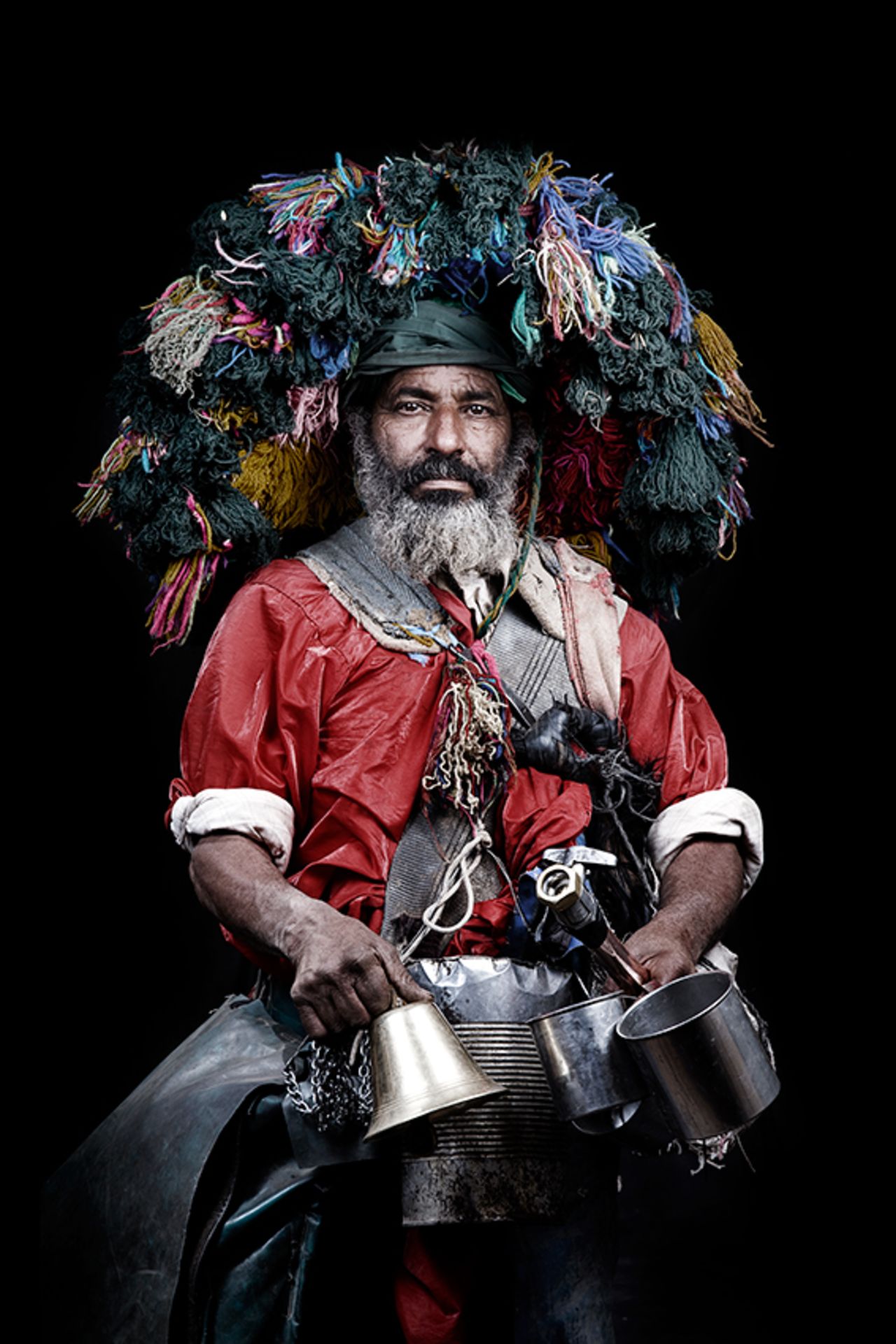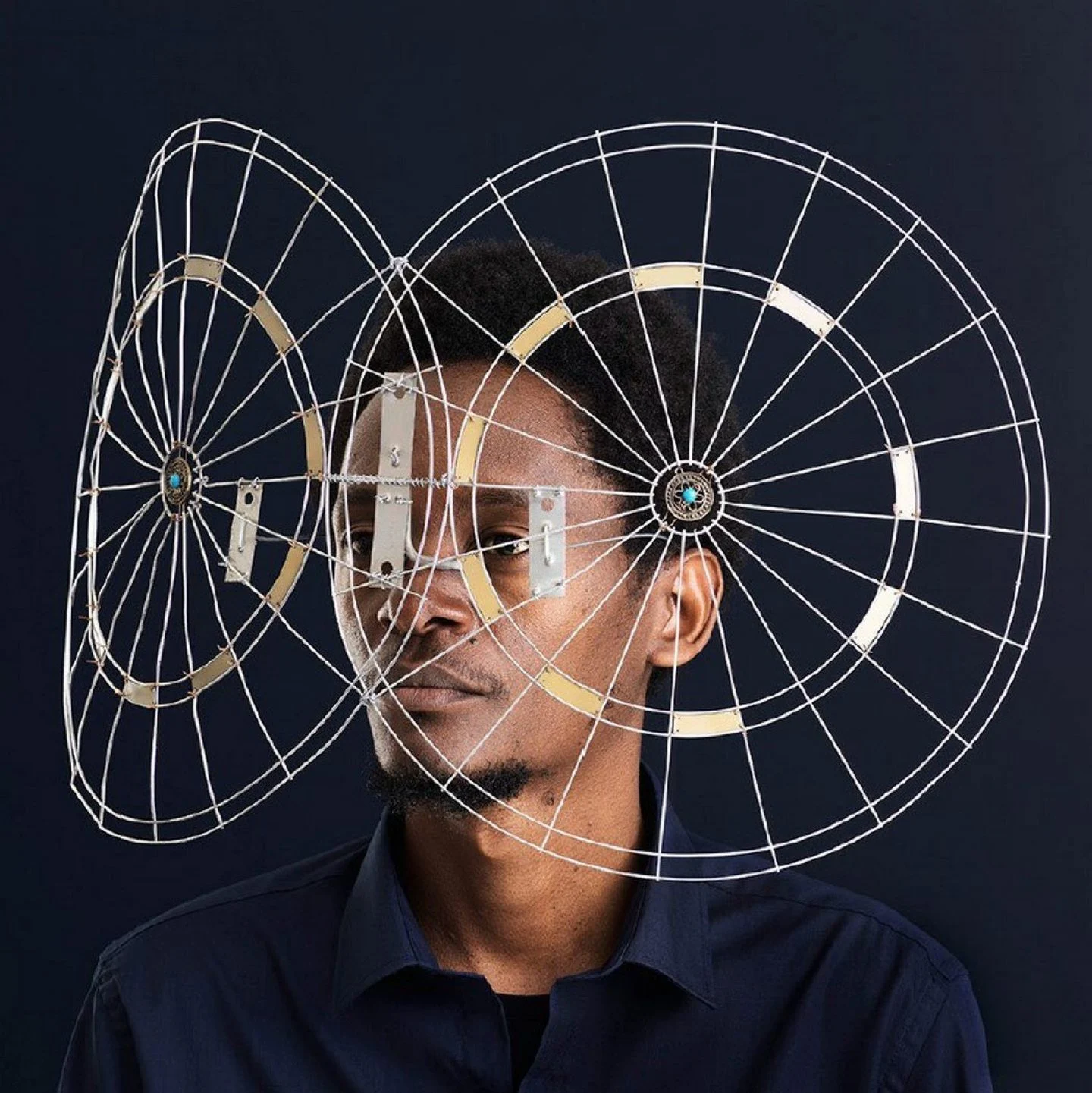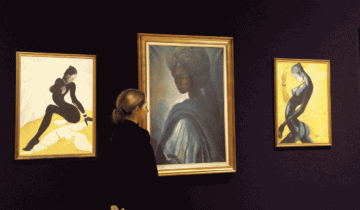Contemporary African photography captures the essence of the continent’s diverse culture, history, and identity. As the global art scene has evolved, African photographers have gained increased recognition for their unique perspectives and contributions to the world of photography. This journal will explore the rich history and themes of contemporary African photography, highlighting the work of influential photographers and examining their impact on the global art scene. Furthermore, it will discuss the future of African photography, emphasizing the importance of promoting and supporting the continent’s vibrant and diverse creative talents.
Historical background of African photography
Notable early African photographers include Seydou Keïta (1921-2001), J.D. ‘Okhai Ojeikere, Adama Kouyaté (1928-2020) and Malick Sidibé (1935-2016). These pioneers captured the essence of African society and culture, providing a window into the continent’s complex history. They often documented significant events, such as independence movements and the evolution of traditional customs, while also portraying everyday life.
The colonial era had a profound impact on African photography. European colonizers sought to impose their own cultural and aesthetic ideals onto African art forms. However, African photographers resisted this cultural imperialism by creating their own visual narratives, portraying the richness and complexity of the continent’s diverse cultures.
Postcolonial African photography emerged as a powerful force, challenging the stereotypes perpetuated by colonial imagery. This new generation of photographers embraced their own unique perspectives and experiences, redefining African photography’s role in global art discourse.
Major themes in contemporary African photography
Social and political issues
Contemporary African photographers often address pressing social and political issues in their work. For example, post-Apartheid South African photographers such as Zanele Muholi and David Goldblatt have documented the complex legacy of racial segregation and social inequality. Other photographers, like Omar Victor Diop and Leila Alaoui, explore themes of migration and displacement, capturing the struggles and triumphs of African people in the face of adversity.
Gender, sexuality, and identity are also central themes in contemporary African photography. Photographers like Nandipha Mntambo and Mimi Cherono Ng’ok challenge conventional norms and expectations by exploring diverse expressions of gender and sexuality, providing representation for marginalized communities.
Cultural and environmental preservation
African photographers often seek to preserve and celebrate their continent’s rich cultural and environmental heritage. Through their work, they highlight the importance of indigenous traditions, customs, and the relationship between humans and nature. For instance, Kenyan photographer Cyrus Kabiru creates stunning images that fuse traditional and modern elements, showcasing the unique beauty of African landscapes and urban spaces.
Aesthetic and experimental approaches
Contemporary African photographers are also known for their innovative and experimental approaches to the medium. The African diaspora has played a significant role in shaping the aesthetics of contemporary African photography, as artists like Awol Erizku and Tahir Carl Karmali draw inspiration from their diverse backgrounds and experiences. These photographers often incorporate cutting-edge technology and digital techniques into their work, pushing the boundaries of the medium.

Leading contemporary African photographers
The list of influential African photographers is vast, and the following profiles provide a glimpse into their remarkable contributions to the global art scene:
- Adjovi, Laeila (b. 1982, Benin/France): Known for her captivating portraits of everyday life in West Africa, Adjovi’s work explores the complex relationship between individual identity and cultural heritage.
- Aken, Jenevieve (b. 1989, Nigeria): Aken’s stunning fashion photography fuses elements of traditional African textiles and patterns with modern design, challenging the boundaries of contemporary fashion photography.
- Alaoui, Leila (1982-2016, Morocco/France): Alaoui’s powerful images document the lives of migrants and refugees, capturing their stories of struggle, hope, and resilience. Her work highlights the human face behind the statistics, fostering empathy and understanding for people displaced by conflict and economic hardship. Though her life was tragically cut short, Alaoui’s photographs continue to inspire and raise awareness of global migration issues.
- Cherono Ng’ok, Mimi (b. 1983, Kenya): With a focus on personal narratives, Ng’ok’s work delves into themes of identity, belonging, and the complexities of life in contemporary Kenya.
- Chiurai, Kudzanai (b. 1981, Zimbabwe): Through his striking images, Chiurai addresses critical social and political issues in Zimbabwe and the broader African continent, including power dynamics, corruption, and the impact of colonialism.
- Dingwall, Justin (b. 1983, South Africa): Dingwall’s thought-provoking portraiture challenges societal norms and perceptions of beauty, often featuring subjects with albinism and other unique characteristics.
- Diop, Omar Victor (b. 1980, Senegal): Diop’s vibrant and imaginative work merges African history, culture, and contemporary fashion, creating striking visual narratives that challenge stereotypes.
- Erizku, Awol (b. 1988, Ethiopia/USA): Drawing from his Ethiopian roots and experiences growing up in the United States, Erizku explores themes of identity, race, and culture in his captivating and thought-provoking images.
- Essop, Hasan and Hassain (b. 1985, South Africa): As twin brothers, the Essops often collaborate to create powerful images that explore themes of identity, spirituality, and the complexities of life in post-Apartheid South Africa.
- Guibinga, Yannis Davy (b. 1987, Gabon): Known for his striking portraits, Guibinga captures the essence of individuality and the diverse expressions of African identity.
- Jasse, Delio (b. 1980, Angola): Jasse’s work often incorporates found images and experimental techniques, creating layered and nuanced narratives that explore themes of memory, identity, and history.
- Kabiru, Cyrus (b. 1984, Kenya): Best known for his “C-Stunners” series, Kabiru creates unique eyewear sculptures from found objects and photographs them, highlighting the fusion of traditional and contemporary African aesthetics.
- Karmali, Tahir Carl (b. 1987, Kenya/USA): Karmali’s work combines elements of documentary photography and collage, exploring themes of migration, identity, and the impact of globalization on African cultures.
- Leuba, Namsa (b. 1982, Guinea/Switzerland): Through her visually arresting images, Leuba examines the intersection of African cultural heritage and Western visual language, challenging preconceived notions of African art.
- Macilau, Mario (b. 1984, Mozambique): Macilau’s evocative images document the lives of marginalized communities in Mozambique, addressing themes of poverty, resilience, and human dignity.
- Mlangeni, Sabelo (b. 1980, South Africa): With a keen eye for capturing the intricacies of everyday life, Mlangeni’s work provides an intimate glimpse into the lives and experiences of South Africans.
- Mntambo, Nandipha (b. 1982, South Africa): Focusing on themes of gender, identity, and the human form, Mntambo’s work challenges traditional representations of femininity and the female body in art.
- Nxedlana, Jamal (b. 1985, South Africa): As a multidisciplinary artist, Nxedlana explores the intersections of fashion, popular culture, and identity in contemporary South Africa.

Perspectives on the future of African photography
The future of African photography is bright, with numerous opportunities for growth and innovation. Education and mentorship play a vital role in nurturing new talent and ensuring the continued development of the medium. Initiatives like photography workshops, exhibitions, and mentorship programs provide emerging photographers with the resources and guidance needed to hone their skills and share their unique perspectives.
The impact of social media and digital platforms on African photography cannot be understated. These platforms provide artists with a global audience, fostering international collaborations and exposing their work to new viewers. African photographers can now share their images and stories with a broader audience, transcending geographical boundaries and breaking down cultural barriers.
Collaborations between African photographers and other creative disciplines, such as fashion, film, and fine art, further enrich the medium and create opportunities for cross-disciplinary experimentation. These collaborations often result in innovative and groundbreaking works that challenge the boundaries of traditional photography and redefine the possibilities of the medium.
Contemporary African photography offers a unique and vital perspective on the world, capturing the complexities of the continent’s history, culture, and identity. The works of influential African photographers have left an indelible mark on the global art scene, contributing to a richer understanding of the human experience. By promoting and supporting African photography, we can ensure that these diverse and powerful voices continue to be heard and celebrated.
The potential of contemporary African photography is immense, with talented artists across the continent pushing the boundaries of the medium and shaping the future of global art. As we continue to support and engage with the work of these artists, we can foster a greater appreciation for the richness and diversity of African photography and, in turn, contribute to a more inclusive and culturally rich global dialogue.
Frequently Asked Questions
Q: Who is the best photographer in Africa?
A: It is difficult to determine the “best” photographer in Africa, as there are many talented artists with diverse styles and subject matter. However, some of the most renowned African photographers include Seydou Keïta, Malick Sidibé, Zanele Muholi, and Omar Victor Diop, among others. Each of these photographers has made significant contributions to the global art scene and has helped shape contemporary African photography.
Q: Who is the best African wildlife photographer?
A: Africa is home to numerous skilled wildlife photographers who capture the continent’s rich biodiversity. Some notable African wildlife photographers include Greg du Toit, Beverly Joubert, and David Lloyd. Their work showcases the beauty and majesty of African wildlife while also raising awareness of conservation issues.
Q: Who is the famous black and white photographer?
A: There are many famous black and white photographers from various backgrounds and time periods. In the context of African photography, Malick Sidibé and Seydou Keïta are two of the most renowned black and white photographers. Their captivating portraits of African people and culture have left a lasting impact on the world of photography.
Q: Who is the award-winning black photographer?
A: There are several award-winning black photographers who have received international acclaim for their work. Some examples include Zanele Muholi, who won the 2021 Special Photographer Award from the Royal Photographic Society, and Tyler Mitchell, who gained recognition as the first African American photographer to shoot a cover for Vogue magazine. These photographers have made significant contributions to the world of photography and continue to break barriers in the industry.





 No products in the basket.
No products in the basket.